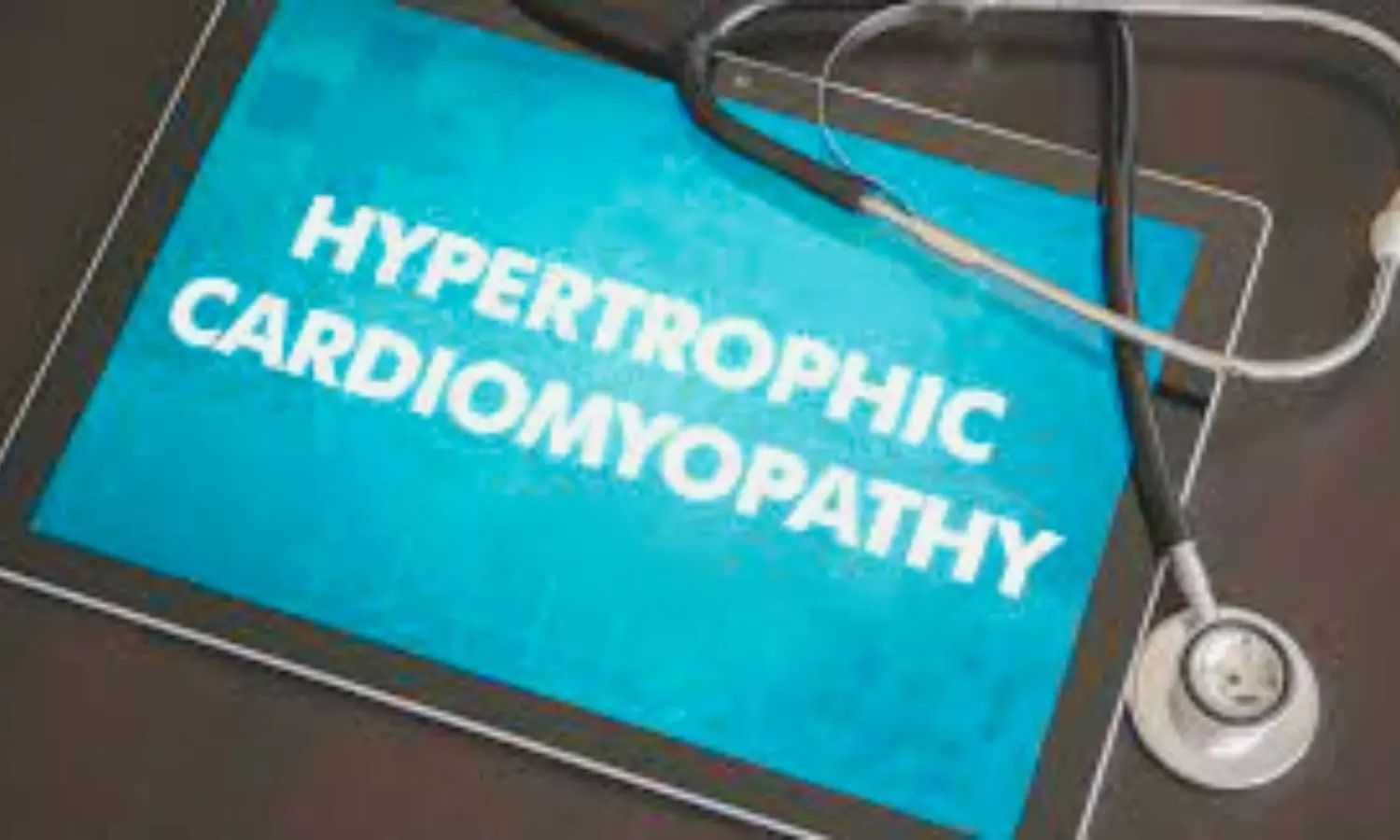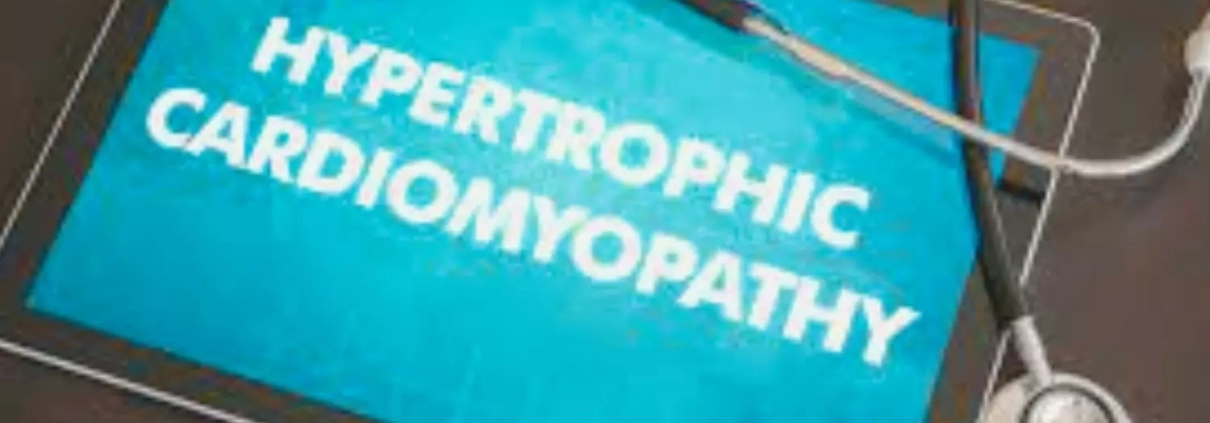Aficamten improved outcomes for patients with obstructive hypertrophic cardiomyopathy: Phase 3 SEQUOIA-HCM trial

USA: The pivotal Phase 3 clinical trial (SEQUOIA-HCM) of aficamten in patients with symptomatic obstructive hypertrophic cardiomyopathy (HCM) has yielded positive results, as announced by drugmaker Cytokinetics.
The top-line results from the SEQUOIA-HCM trial showed that aficamten, a novel cardiac myosin inhibitor, improved outcomes for patients with symptomatic obstructive HCM. The full results from SEQUOIA-HCM will be presented at an upcoming medical conference in 2024.
Aficamten, when added to standard care, led to a “clinically meaningful” increase in exercise capacity after 24 weeks of treatment, indicated by a significant rise in peak oxygen uptake during cardiopulmonary exercise testing (least square mean difference 1.74 mL/kg/min). The company reported that the results were consistent across all prespecified subgroups.
Aficamten improved all 10 prespecified secondary endpoints, which included assessments of heart failure symptoms, changes in provoked left ventricular outflow tract (LVOT) gradients, NYHA functional class, guideline eligibility for septal reduction therapy, and exercise workload.
The therapy was found to be well-tolerated, with a rate of treatment-emergent serious adverse events of 5.6% in the aficamten arm and 9.3% in the placebo arm. The proportion of patients who developed an LVEF of less than 50% was 3.5% with aficamten and 0.7% with placebo, although the researchers did not observe any cases of worsening heart failure and no treatment interruptions due to low LVEF, Cytokinetics said.
“The results from SEQUOIA-HCM meet our high expectations for both safety and efficacy, demonstrating that aficamten added to standard of care therapy had a positive impact on exercise capacity as well as rapid and sustained effects on symptoms and functional class in patients with obstructive HCM while maintaining tolerability and safety that we have previously observed,” said Fady I. Malik, M.D., Ph.D., Cytokinetics’ Executive Vice President of Research & Development.
“We believe these results are consistent with those observed in REDWOOD-HCM, the Phase 2 clinical trial of aficamten, and FOREST-HCM, the ongoing open-label extension clinical trial, and may reflect a profile enabling of aficamten to become the cardiac myosin inhibitor of choice among physicians and patients.”
Cytokinetics aims to make aficamten, the second cardiac myosin inhibitor on the market. The first, mavacamten (Camzyos; Bristol Myers Squibb), for patients with symptomatic obstructive HCM, was approved by the FDA in April 2022. Aficamten has been designated a breakthrough therapy by the US Food and Drug Administration and the National Medical Products Administration in China.
The SEQUOIA-HCM trial included 282 patients who had symptomatic HCM and LVOT obstruction. Previously, in the REDWOOD-HCM Open Label Extension study, the drug was shown to reduce LVOT gradients improve patient-measured health status and relieve heart failure symptoms.
Aficamten is also being assessed in two other ongoing phase III trials—MAPLE-HCM in patients with obstructive HCM (compared with metoprolol) and ACACIA-HCM in patients with symptomatic nonobstructive HCM.
“Cardiac myosin inhibition represents an exciting new therapy option for patients with symptomatic obstructive HCM,” said Martin Maron, M.D., Director, Hypertrophic Cardiomyopathy Center, Lahey Hospital and Medical Center, Burlington, MA; Tufts University School of Medicine, and National Principal Investigator of SEQUOIA-HCM.
“A therapy like aficamten that improves exercise capacity in a clinically meaningful manner, absent low LVEF events that interrupt treatment, should be a welcome addition for HCM patients and the clinicians who treat them.”
Facebook Comments



